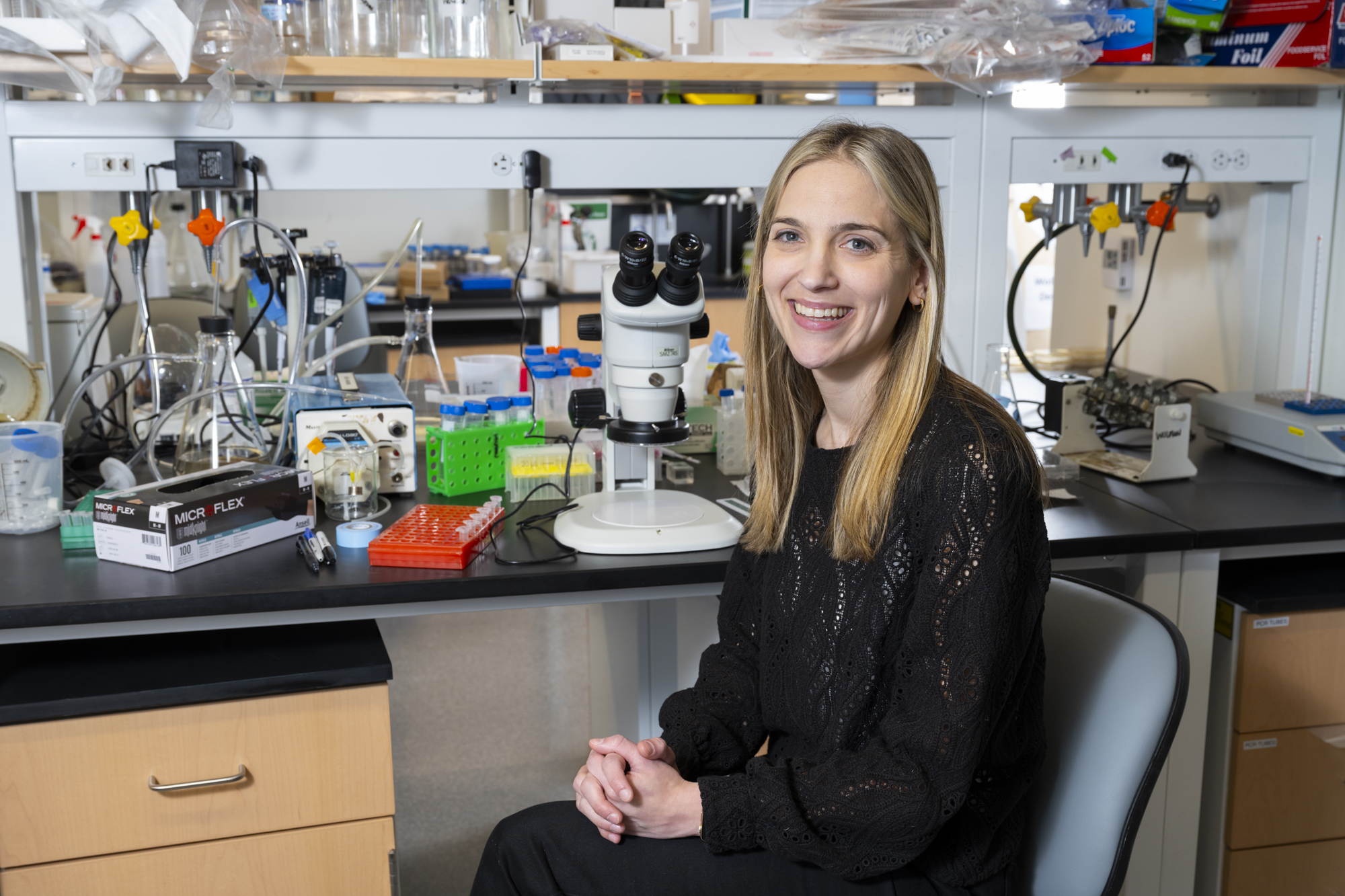
How we sense our internal environment (“interoception”) is critical in our everyday lives – from a feeling of fullness that stops us from eating more to abdominal pain that indicates an illness is coming on. However, the neural circuits and molecular mechanisms of interoception are poorly understood. In particular, how the sensory neurons that innervate our internal organs sense the diversity of stimuli to which they are exposed, from stretch to inflammation, and mediate interoception remains elusive.
The Wolfson lab uses genetics, electrophysiology, neuroanatomy, and biochemistry to identify the neurons that mediate internal organ sensation and characterize how, on a molecular level, those neurons respond to the diversity of stimuli to which they are exposed. Additionally, we build novel behavioral paradigms to define the role of visceral sensory circuits in physiology and pathophysiology. The ultimate goal of our work is to identify novel sensory mechanisms in the context of visceral sensation.
